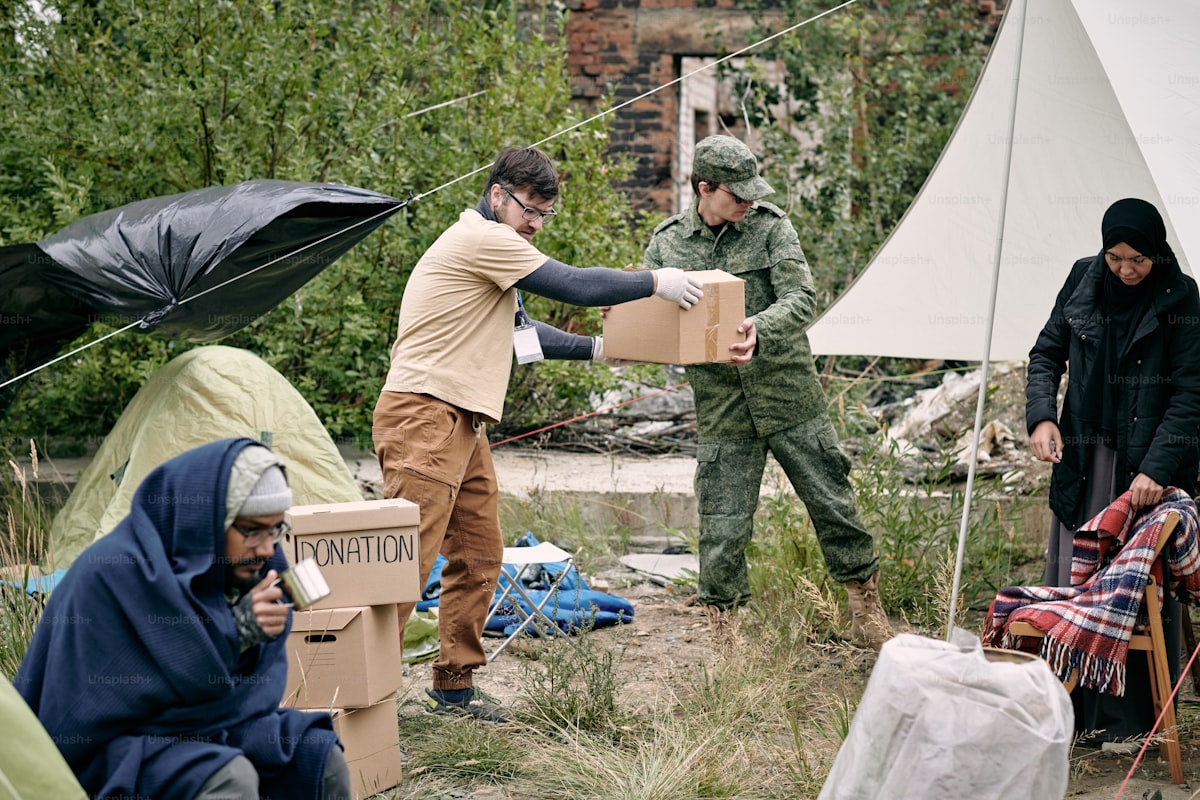Forced displacement during Covid
A large number of people had to remain inside homes for months to follow the measures to contain Covid-19. In many countries, population can go out only if necessary, and under the pandemic guidelines. However, there was no such opportunity to be at home for millions of people in many parts of the world. On the contrary, these people were fleeing their homes, regions and countries to find refuge at safe places. Despite pandemic shutdowns, forced displacement remained at record level.
In 2020, the number of people fleeing conflict-zones due to wars, violence, persecution, and human rights violations increased to nearly 82.4 million, say report. This was a further four percent rise in the already record-high refugee number of 79.5 million of 2019, the report of the UN Refugee Agency (UNHCR) revealed. The pandemic restrictions did not slow forced displacement across the world, the agency stated in its flagship Global Trends Report. Instead, the restrictions got thousands of refugees and asylum seekers stranded in vulnerable state.
Forced displacement during Covid
Displacement continued and even rose, despite international community’s constant appeals for a concerted global ceasefire. This resulted in one in every 95 people, or over one percent global population, forcibly displaced in 2020, compared to 1 in 159 in 2010. As per the UNHCR experts, overall impact of the pandemic on wider cross-border migration and displacement is yet not clear. However, the number of newly arriving refugees and asylum-seekers sharply declined in most of the regions.
Overall number of arriving refugees and asylum-seekers was nearly 1.5 million fewer than that expected in non-Covid times. This reflects these 1.5 million people seeking international protection remained stranded in 2020. Among the total 82.4 million refugee count of last year, 26.4 million were refugees worldwide (of which 20.7 million refugees under UNHCR’s mandate and 5.7 million Palestine refugees under UNRWA’s mandate). Other 48 million people were internationally displaced within their own countries, 4.1 million were asylum-seekers and 3.9 million were Venezuelans displaced abroad.
Refugees more exposed to Covid impact
Over the course of 2020, nearly 3.2 million internally displaced and just 251,000 refugees returned to their homes, with a 40 percent and 21 percent fall, respectively, compared to 2019. Further, the countries of asylum neutralized some 33,800 refugees, reported the UNHCR. Also, just 34,400 refugees resettled last year, registering a drastic plunge in refugee resettlement – lowest in past 2 decades. This was due to drop in the number of resettlement places during Covid-19 pandemic. Nonetheless, plight of these people became immensely greater during pandemic.
Refugees have been disproportionally exposed to Covid-19 impact in 2020, the UN said marking the World Refugee Day. These people, who had to flee conflict, climate shocks, and harassment, lost refugees’ livelihoods due to pandemic. These migrated and displaced humans are now facing uncertainty, insecurity, stigmatization and vilification in Covid times. Moreover, they were enormously prone to get infected of the deadly virus. While, they even lacked two-time meal, they could not expect healthcare, sensitization, and sanitation facilities in pandemic times.
